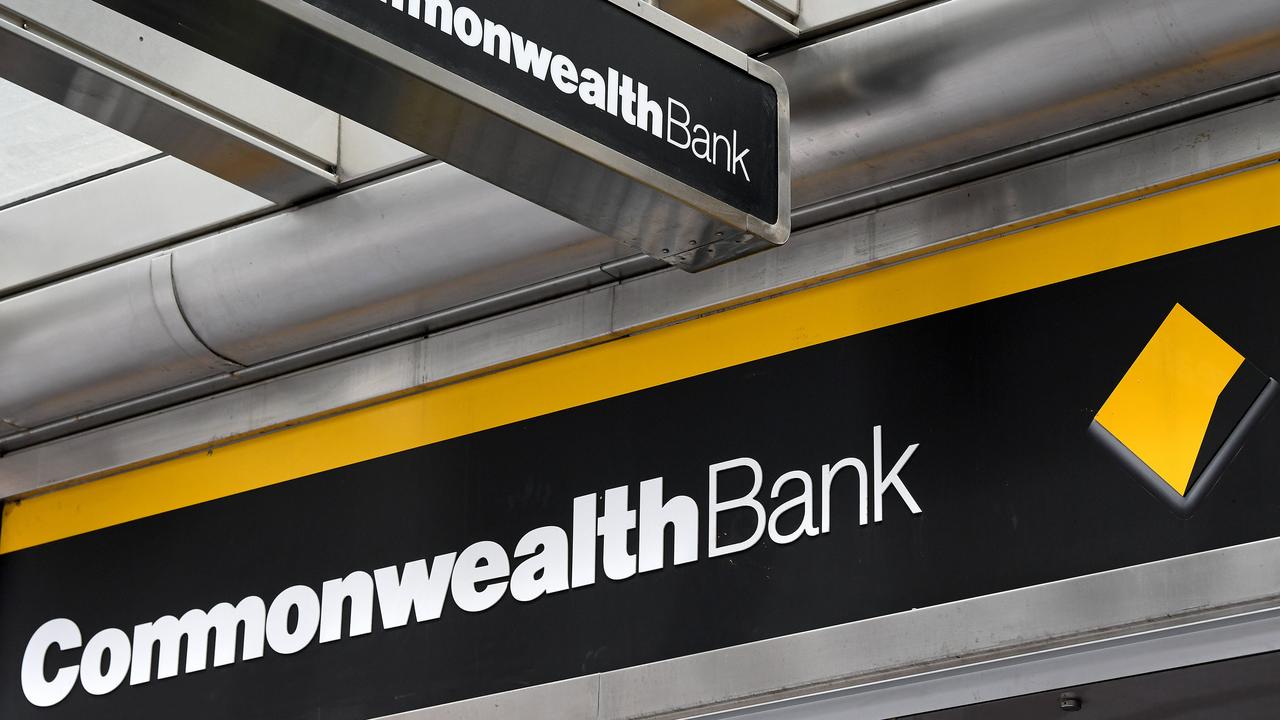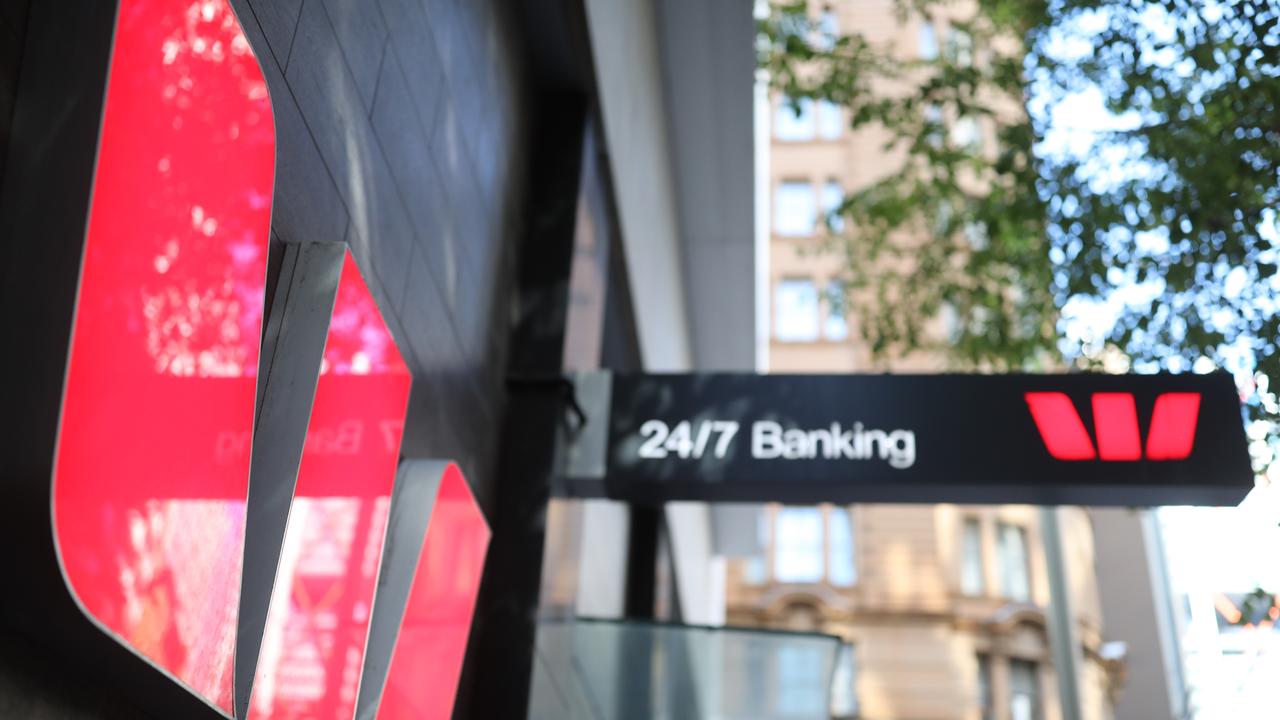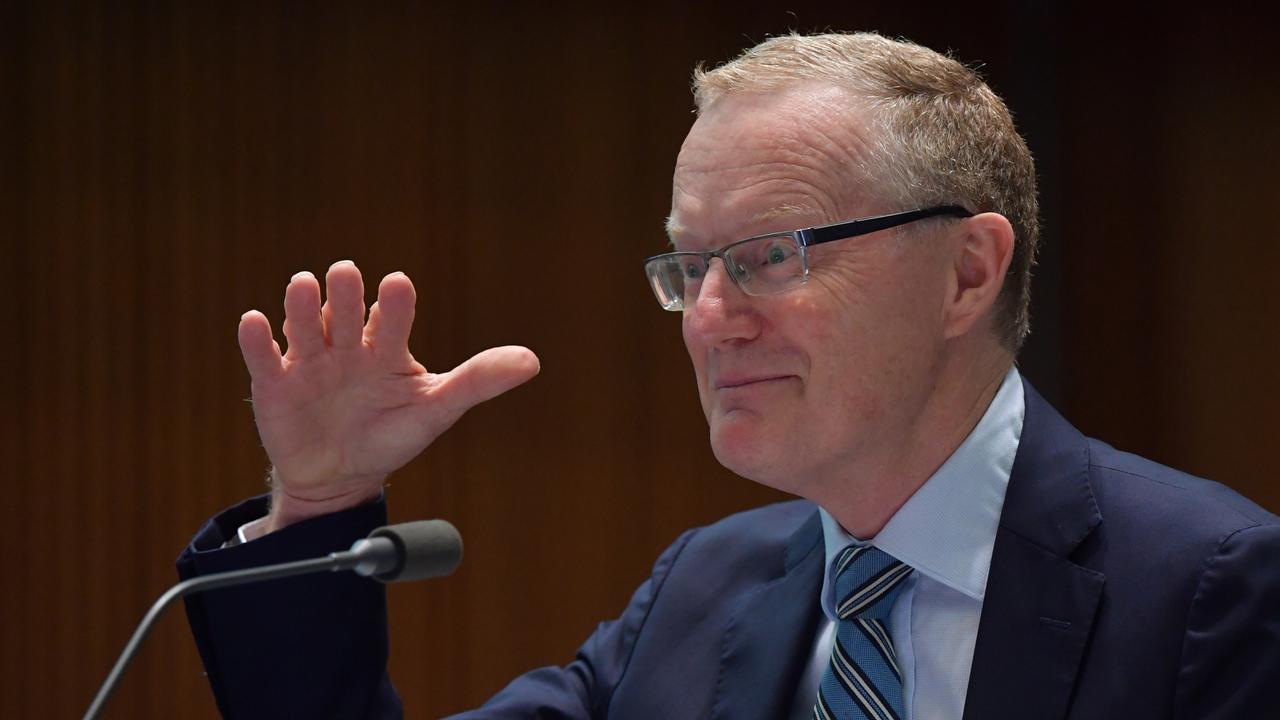CBA, Westpac economists predict RBA may have to lift interest rates sooner than it expects
Interest rates should rise much quicker than the Reserve Bank forecasts, two major banks have predicted.
Interest rates will rise well ahead of the timeline forecast by the Reserve Bank of Australia, Commonwealth Bank and Westpac economists say.
The central bank has repeatedly said the cash rate – the interest charged on unsecured overnight loans between banks – would remain steady at a record low of 0.1 per cent while inflation stayed below its target level of two-to-three per cent.
The RBA insists it needs to see inflation at that level “sustainably”, which it believes is unlikely to happen before 2024.
But CBA economists say strong labour market conditions and wage growth mean the RBA will need to start tweaking its policy in late 2022.
The bank’s head of Australian economics, Gareth Aird, said CBA’s forecasts had been at odds with the RBA’s “2024 at the earliest” guidance for the past six months given the strength of economic data flowing through.

“Our message has been consistent and unswerving: the labour market will tighten quickly and this means that wages and inflation will lift, particularly because the supply of labour is constrained,” Mr Aird said on Wednesday.
Their central scenario has the RBA delivering the first hike of 15 basis points in November 2022.
“By late 2022 there is likely to be a euphoric mood amongst consumers and businesses, as Covid-related disruptions to day-to-day life are a thing of the past,” Mr Aird wrote.
“The resumption of international services trade will be the icing on the economic cake, and we expect the Australian economy to be running at maximum capacity, provided the government has not shifted strategy to tighten fiscal policy.”
CBA economists expect that increase will be followed by a 25 basis points increase the very next month – when they predict the unemployment rate will be just four per cent – then three more hikes of the same magnitude in the first, second and third quarters of 2023.

This would take the cash rate to a “neutral” 1.25 per cent rate, lifting the interest paid on household debt as a share of household income to about 5.25 per cent – the level which it averaged over the five years before the pandemic.
“Whilst that rate seems very low … the level of household debt in Australia … is very high,” CBA economists say.
“Rate rises will have a large impact on the interest cost of servicing debt, and our expectation is that the RBA does not need to hike too far to put the cash rate at neutral.”
A big determining factor will be net overseas immigration in 2022/23, which will have a large bearing on nominal wage outcomes and therefore the path of interest rates.
Westpac chief economist Bill Evans said on Wednesday the RBA would have to review its 2024 forecast in coming months.

He predicts the central bank will likely raise the cash rate by 15 basis points in the first quarter of 2023, with the conditions required to prompt this achieved by late 2022.
“The unemployment rate is expected to reach four per cent (full employment) by June 2022 and inflation will be above two per cent by end 2022 – no longer requiring the Covid emergency rate settings,” Mr Evans wrote.
He expects a further 15 basis point hike in the second quarter of 2023 and a 25 basis point rise in the fourth quarter of that year.
“That will lift the cash rate up to 0.75 per cent, which is effectively where it was before the emergency rate cuts leading into Covid.”
ANZ chief executive Shayne Elliott said in March the supply and demand shortage that had driven house prices through the roof could force the Reserve Bank to act.
RateCity’s Sally Tindall said the RBA had “ever so slightly” tweaked its language in its past two monetary statements, adding the word “unlikely” to its prediction that the next rate hike won’t be until 2024, leaving the door open to a sooner increase.

“The RBA isn’t going to hike rates without plenty of warning. It has gotten into the habit of giving us plenty of notice,” Ms Tindall told NCA NewsWire.
“When the time comes, the RBA will lift the cash rate with a slow and steady hand.”
She noted many families were saddled with eye-watering amounts of household debt, particularly those who had bought in a property hotspot recently.
“The RBA will want to see sustained growth in wages before committing to multiple rate hikes,” Ms Tindall said.
“If it doesn’t, some families could default on their loan and that’s the last thing anyone wants to happen.
“People can soften the blow of future rate hikes by getting ahead on their home loan now.
“While a lot of mortgage-holders are on a fixed rate at the moment, which typically have caps on extra repayments, they still chip in some extra money and every dollar counts.”




